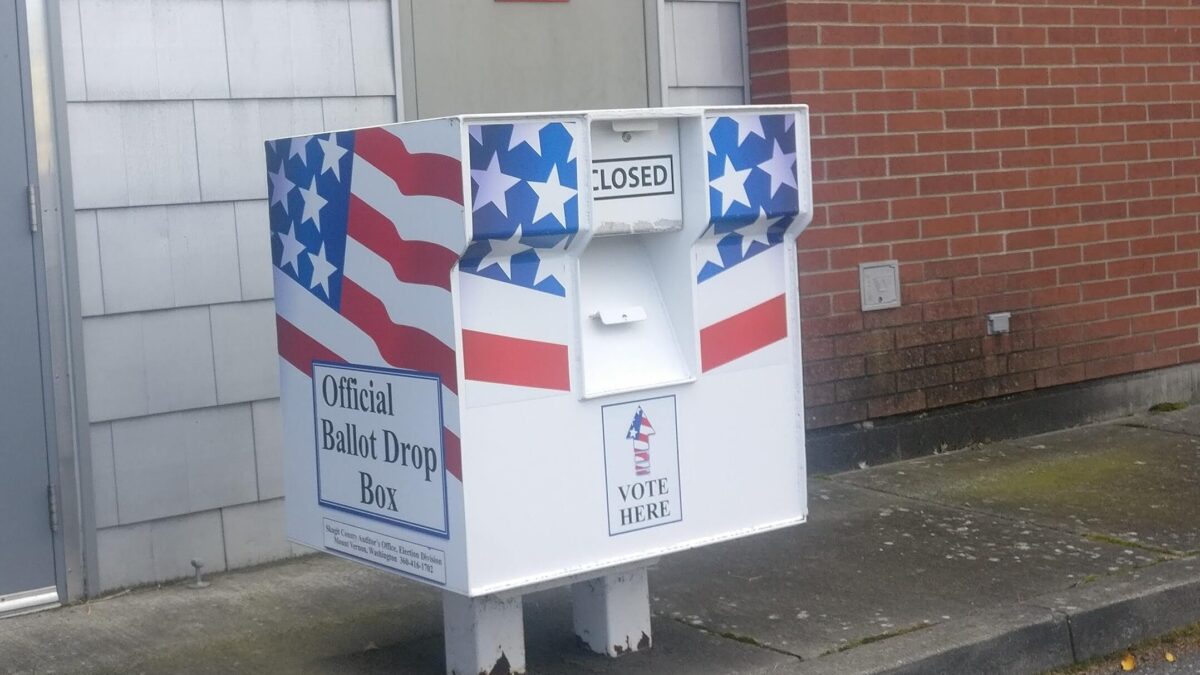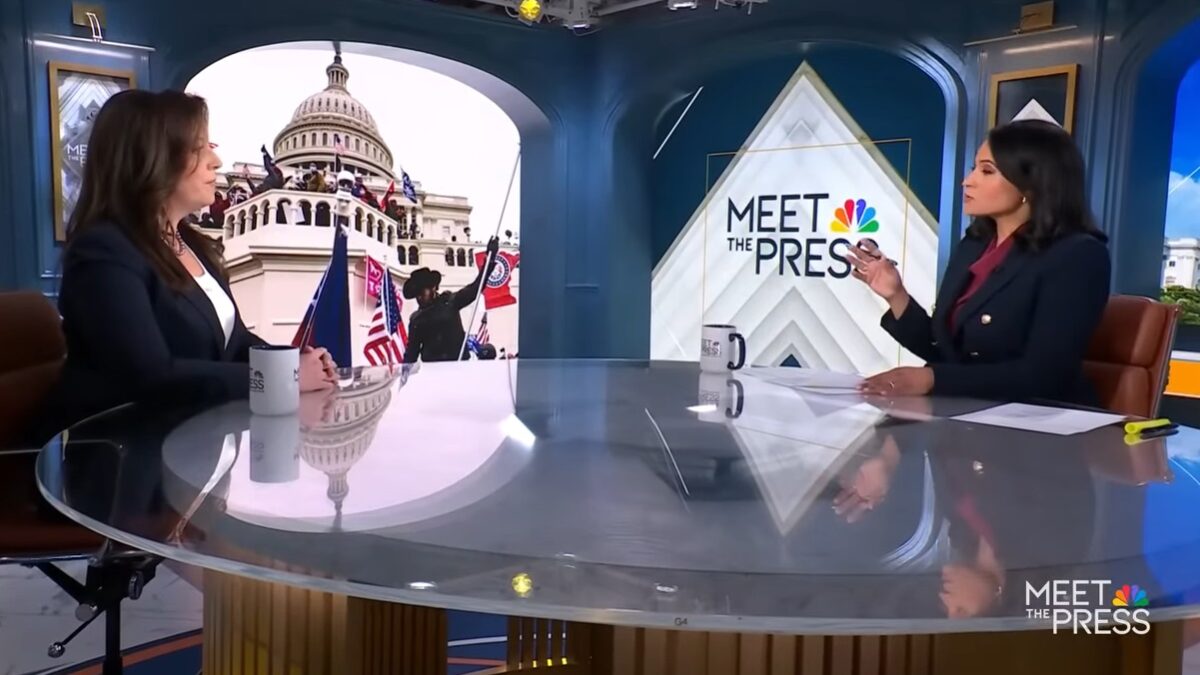On Wednesday, Jeff Bezos announced a career accomplishment that the movie archvillain Ernst Stavro Blofeld could only dream about: owning James Bond.
Amazon announced this week it will acquire MGM Studios, the owner of the James Bond franchise (along with a massive catalog of 4,000 films and 17,000 television shows) in an effort to bolster its streaming ambitions. Although the merger must still survive the scrutiny of the antitrust team at the Department of Justice, the nature of the market for streaming services means it is likely to be approved. One hopes, however, given Amazon’s multi-sector dominance and documented instances of the platform giant acting uncompetitively, the DOJ would choose to do an in-depth review.
The question of market economics, however, is separate from the cultural consequences of Amazon taking ownership of yet another avenue of expression in America. Amazon already dominates the retail book market, giving a single company the power to shift the tides of publication for yet-to-be-written books and documentaries.
In addition, Bezos owns the Washington Post, one of the nation’s leading daily newspapers. Amazon Web Services, the company’s cloud computing arm, provides technical infrastructure across the web, from DISH Network’s 5G operation to the U.S. Navy to Netflix.
It would be one thing if Amazon were a gentle, bureaucratic giant, simply providing services to consumers in a neutral fashion. But Amazon, like many other tech companies, is wielding its market power in ideological ways—and changing the costs of expression in the process.
In the wake of Jan. 6, AWS de-platformed the conservative social media platform Parler, allegedly over repeated contract violations — although the same claims were made by Apple and Google, both of which blocked Parler from their app stores, and did not stand up to scrutiny. AWS had already cut business ties with the social media platform Gab, as well as WikiLeaks, the whistleblowing website, years before.
In March, the company yanked “When Harry Became Sally: Responding to the Transgender Moment,” a thoughtful and academically based look at transgenderism from conservative scholar Ryan Anderson, from its virtual shelves. The company had sold the book since its publication in 2018, but in 2021, decided the book now constituted “hate speech.”
During Black History Month, Amazon decided to stop streaming “Created Equal: Clarence Thomas In His Own Words,” a popular documentary about the conservative Supreme Court justice. This was after the platform had canceled, and later uncanceled, a documentary called “What Killed Michael Brown?” by prominent African-American scholar Shelby Steele.
The scale at which Amazon operates means it can manipulate incentives for publication. While books and documentaries can and are sold at other outlets, Amazon’s premier market position gives it outsized influence on what even makes it to print. If a book has even a small chance of crossing the censors at Amazon, what financial incentive do publishers have to give it a green light?
There is a real danger Amazon will bring the same scale and influence to the film industry as it acquires MGM. Movie making in America has already become less risky, less interesting, and honestly, less enjoyable, as Hollywood ideologically contorts itself into the mundane box of political correctness. Amazon could, of course, choose to reverse this trend, but its priors suggest it is unlikely to challenge the woke orthodoxy that has desiccated the creativity and boundary-pushing that makes art compelling.
But this is why we should care that one multinational corporation, which seems inarguably bent on economic domination, shows a not-so-subtle crusade for cultural domination as well. This is exactly the opposite of what a healthy, diverse, and pluralist society should reflect.
America’s rich speech traditions are built around robust dissent, counternarrative, and the clang and clash of ideas in the public square. Free expression is central to our flourishing. Americans want our books to be controversial, our media to be curious, and our films to be creative. But the genius of that creation is sparked by fearlessness—the kind which only exists when the public square is brimming with voices, rather than the antiseptic sameness of a solely owned company town.
The reality of Amazon, and with all of Big Tech, is that its collective market power seamlessly translates into cultural power as well. These companies are changing our values as much as they are transforming our markets. They are gatekeepers to speech, online and in print, and set their own parameters for creativity and dissent. In doing this at unprecedented scale, they keep the country between the velvet rope lines, enforcing the separation between everyday citizens and the superficial artifice of elite acceptability.
Amazon’s merger with MGM may not run afoul of our nation’s current antitrust regime, but it is a question for our politics, and our policymakers, whether or not it should. There is something deeply unsettling about one company sitting atop multiple levers of expression, making and remaking the parameters for what we can see, say, and hear; a 21st-century wizard controlling an American Oz.
There is something darkly amusing about the story of Bezos colliding, in a small way, with the narrative of Ernst Blofeld. Despite his outsized aspirations and fancy gadgets, Blofeld was never able to reshape the world in his image. James Bond was always there to stop him. But absent any real check on his ambitions or collective power with which to wage them, Bezos just might.









